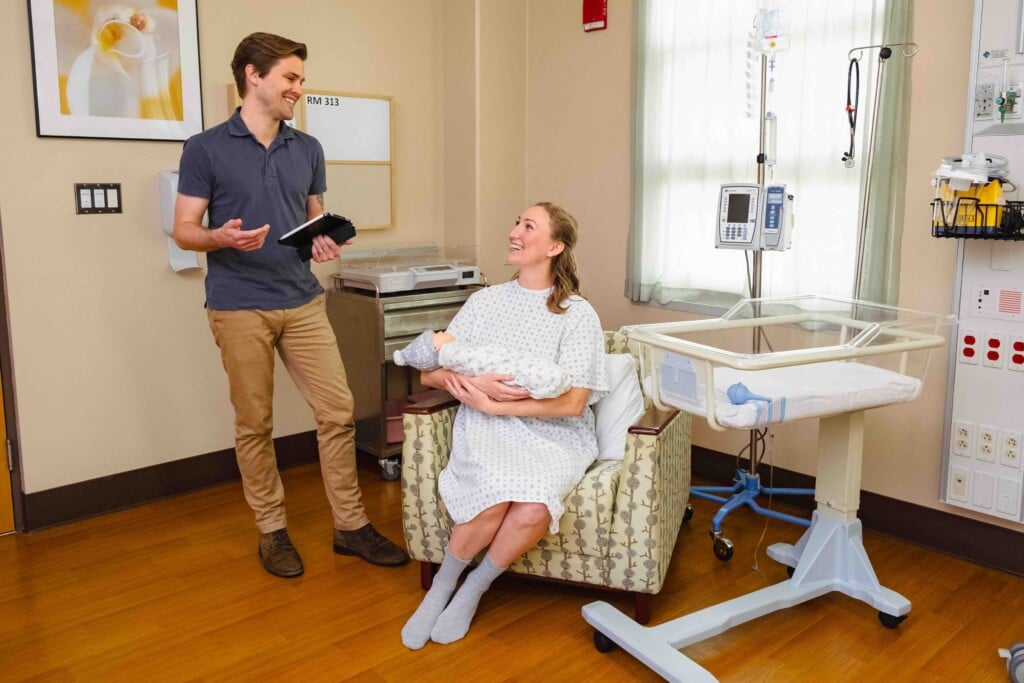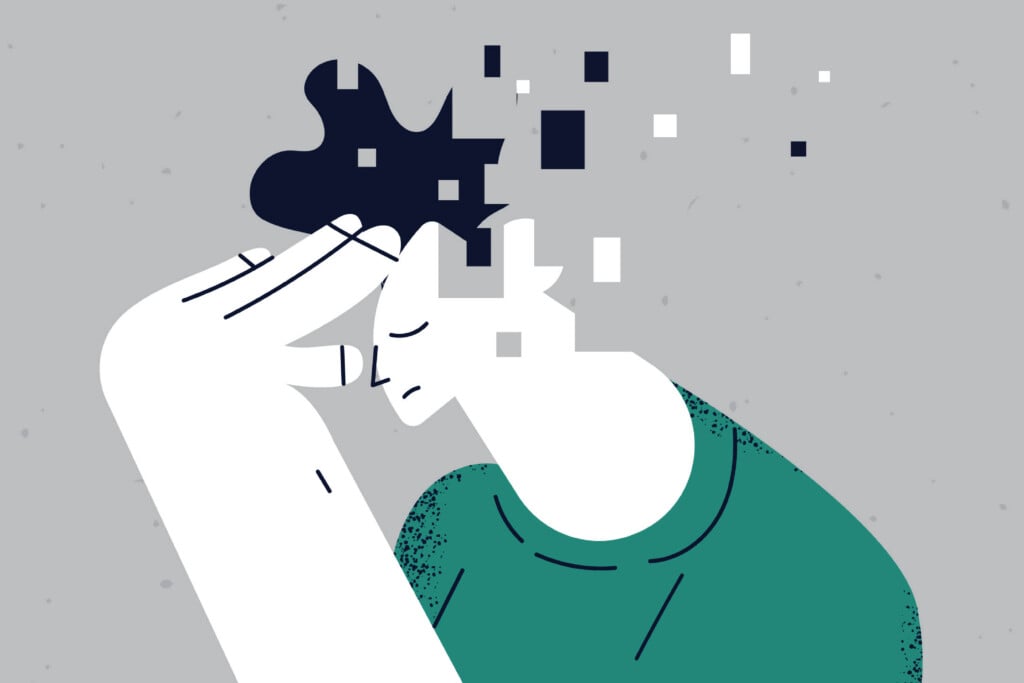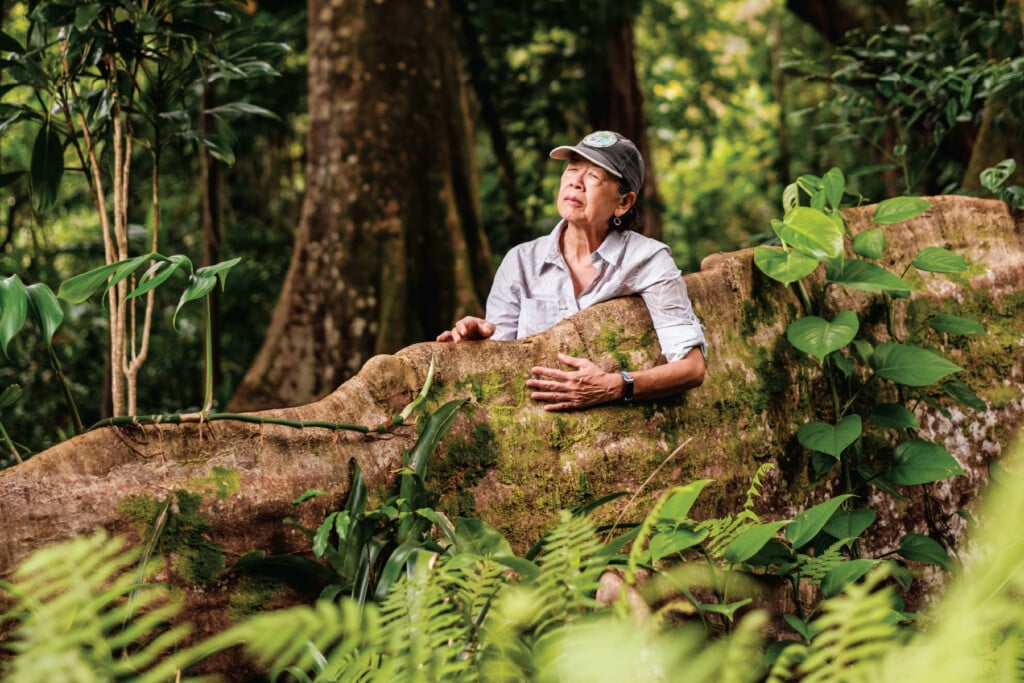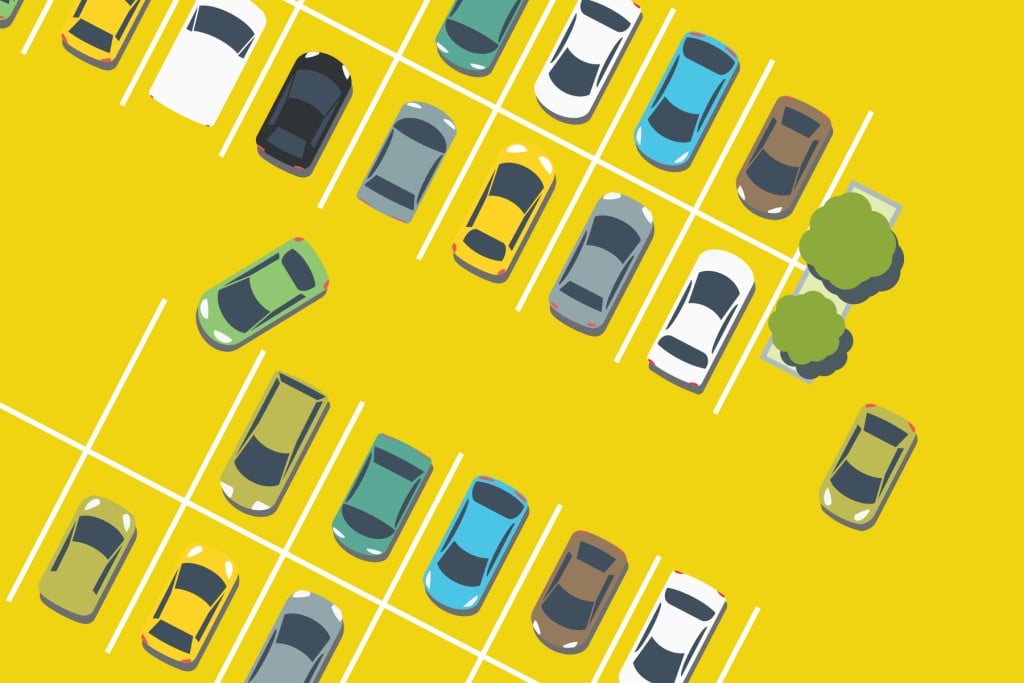Care that Keeps on Giving
Kaiser Permanente impacts the health and well-being of the community at large by investing in nonprofits and organizations across the state.

Kaiser Permanente worked with dozens of community organizations to make it much easier for underserved populations to access the COVID-19 vaccination.
The COVID-19 Vaccine Challenge
In the remote Hawaiʻi Island district of Kaʻū, the resources to vaccinate the entire community against COVID-19 were limited. Its community members rightfully became concerned.
“Hilo and Kona are far away for people,” says Jessanie “Auntie Jessie” Marques, executive director of Ka‘u Rural Health, a nonprofit that focuses on health and wellness with programs in health, education, research and economic sustainability.
“We got involved because the community came to us and said, ‘Auntie, who’s going to help us?’” Marques continues. “That’s how we started to coordinate and facilitate this. If Kaiser Permanente hadn’t come, we wouldn’t have it as readily available to our community.”
Kaiser Permanente may be locally and nationally recognized as a high-quality health care provider, but its care extends beyond its clinic and hospital walls.
“Good health is a fundamental right,” says Greg Christian, Hawai‘i Market President, Kaiser Foundation Health Plan and Hospitals. “We are committed to improving the health of our communities. We do that by ensuring health access, improving community conditions for health and equity, and advancing the future of community health through innovation.”
Last year, Kaiser Permanente funded $2.5 million in grants to Hawai‘i nonprofit community-based organizations, and 65% of that support was directly related to programs addressing COVID-19 spread, vaccination, and pandemic economic impact.
“The community has a different perspective of Kaiser Permanente now,” says Marques. “I’m glad they did come in because now they recognize Kaiser Permanente as not just a corporation. The way the staff came in and related to them, that interaction was important.”
“We are committed to improving the health of our communities.” – Greg Christian, Hawaiʻi Market President, Kaiser Foundation Health Plan and Hospitals.
Kaiser Permanente significantly invests in key areas of the community, including homelessness and housing, food security, economic opportunity to reduce poverty, and the next generation through its Thriving Schools program. Not only does Kaiser Permanente fund grants and initiatives for the community’s greater good, but Kaiser Permanente also puts boots on the ground when nonprofits, such as Ka‘u Rural Health, need assistance.
Together with local community organizations, Kaiser Permanente sought to eliminate obstacles to COVID-19 vaccination for kupuna, Native Hawaiians, Filipino, and Micronesian populations.
“They were very sensitive to the people in our community, because we have Native Hawaiians, Pacific Islanders and Asian Americans,” says Marques.
Similarly, Kaiser Permanente worked with the Elderly Affairs Division of the City and County of Honolulu. The Division set up a vaccination outreach group and had brought in various partners to vaccinate pockets of kupuna who were hard to reach.
“Kaiser Permanente and other vaccination providers had a critical role. They went into the communities, they went onto the properties of our kupuna and brought the vaccines to them rather than bringing the kupuna, many of whom have access challenges,” says Derrick Ariyoshi, county executive and administrator for the Elderly Affairs Division of the City and County of Honolulu under the Department Of Community Services.

Kaiser Permanente Hawaii supports organizations such as Kula No Na Po‘e Hawai‘i, which serves Native Hawaiian kupuna from Papakolea, Kewalo, and Kalawahine
Hawaiian Homesteads to create a safe home and community environment.
Coordinating with the city, Kaiser Permanente also led efforts to bring vaccines to adult day care and adult day health centers.
“I would say they were champions and very thoughtful in their efforts with regard to our most vulnerable kupuna— those limited in English speaking, those with mobility issues—to make sure they had staffing to support those vulnerable kupuna,” says Ariyoshi. “They had staff that could speak other languages, they were very mindful and thoughtful in their work interfacing with kupuna.”
“Kaiser Permanente’s unwavering commitment to ensure the best health for all community members is evident in their investments to empower historically underrepresented communities and increase access to care, particularly among populations that are marginalized by race, ethnicity, and socioeconomic status,” says Lindsey Ilagan, Kupuna Program Manager at the Hawai‘i Public Health Institute. “Our community partners have come to rely on Kaiser Permanente as a trusted ally and collaborator dedicated to the health of Hawaii’s people.”
“It takes thoughtful strategies to hit the last pocket populations and make sure that our strategies are mindful and thoughtful of those populations,” says Ariyoshi.
Hawaiʻi’s Hunger Problem
At the height of the pandemic, local nonprofit Healthy Mothers Healthy Babies found that mothers had a high need for more help and assistance. The Māna ‘ai Food Distribution Program was formed in partnership with food service provider Lanakila Pacific to address this.
“Women were calling us for extra resources, because they’ve been in the food pantry line and they’re 36 weeks pregnant,” says Sunny Chen, executive director of Healthy Mothers Healthy Babies. “Our calls and interest in our various services had went up more than 400%.”
The program blossomed, and Healthy Mothers Healthy Babies and Lanakila Pacific were able to deliver 35,500 free meals during the peak of the pandemic.
Since then, Māna ‘ai has transitioned to phase two and is now integrated into Healthy Mothers Healthy Babies’ everyday social service programs, such as Cribs for Kids, which delivers a crib to eligible parents plus, now, free meals. Kaiser Permanente is a contributor to this phase, which lasts through December 2021, unless the need continues.
“The other piece is that all the meals that we produce are created by people with disabilities—75% of our direct service workforce has a significant disability,” says Rona Fukumoto, executive director of Lanakila Pacific. “I think Kaiser Permanente understood how it all worked together to support not only the mission of Healthy Mothers Healthy Babies, but also Lanakila Pacific and our work programs. And I think that makes it a super powerful program.”

During the pandemic, Kaiser Permanente hosted 23 community food distribution
events that provided over 400,000 pounds of food to more than 12,000 local families.
Food insecurity increased dramatically since the onset of the pandemic. One in 5 adults—and 1 in 3 children—experience food insecurity. Kaiser Permanente invested $300,000 in grants to community-based organizations. These grants went on to support programs that increased food security for pregnant and postpartum mothers in low-income, underserved communities. They also increased food security in remote communities. Kaiser Permanente was also one of the first foundations to support Da Bux.
“They really believe in the value of affordable food access and quality food and the improved health outcomes it provides in the long run,” says Kristin Frost-Albrecht, executive director of Hawai‘i Food Basket, which administers Da Bux statewide.
The Da Bux program is known nationally as Double Up Food Bucks. It allows Snap-EBT users to get double their dollar when they purchase locally grown produce. That basically means $20 on a Snap-EBT card gets the cardholder $40 of Hawai‘ i grown fruits and vegetables.
“Hawai‘i has the ninth highest poverty rate in the nation, so we have a lot of folks who qualify for Snap,” says Frost-Albrecht. “We know if people have it as an option and it’s easy for them to access, they’ll be able to get better food and really help the local economy at the same time.”
 Da Bux started as a pilot program at farmers markets in 2015 by Hawai‘i Food Basket on Hawai‘i Island only. It was a success and went statewide in 2019.
Da Bux started as a pilot program at farmers markets in 2015 by Hawai‘i Food Basket on Hawai‘i Island only. It was a success and went statewide in 2019.
“It’s an incentive for families to make healthier lifestyle choices,” says Daniela Spoto, director of anti-hunger initiatives at Hawai‘i Appleseed Center for Law & Economic Justice. “Higher incidents of chronic dietary illnesses are associated with poverty, and so if you put it all together, it makes sense to subsidize locally grown fresh produce for lower income populations because that is often cited as a big barrier to them being able to eat healthier.”
Economic Wellness
Kaiser Permanente invests in programs to help individuals build wealth and move out of poverty, which also affects health. Economic opportunity programs Kaiser Permanente has supported include leadership training programs and assistance for small businesses.
Now in its third year, Inner City Capital Connections (ICCC) is a business leadership training program of which Kaiser Permanente is a lead sponsor. ICCC has served more than 160 small businesses and nonprofit organizations, offering business recovery strategies, capital relief solutions, community building support, and one-on-one coaching. Since it began, its alumni have averaged 19% growth in revenue and raised $3.62 million in capital.
“ICCC provided a solid foundation in business principles, access to resources and mentorship opportunities. Attending the National Convention in Boston was an excellent opportunity to network with peers doing great things in their businesses and in their communities,” says Jalene Kanani Bell, founder of NOHO Home.

Giving by the numbers: In the past 12 months, Kaiser Permanente has funded more than $2.5 million in grants to Hawai‘i nonprofit community-based organizations to support key areas.
Another program, Mana Up, is a statewide initiative built to support established small businesses. It helps businesses headquartered in Hawai‘i to not only grow revenue but also executive level jobs. Launched in 2018, Mana Up has Giving By the Numbers had 63 companies come through its program thus far and has just begun its sixth cohort.
“We do a six-month intensive where we help the company solve some of their business challenges and help them scale the global market, so that could be anything from marketing, distribution, financial to legal,” says Meli James, cofounder of Mana Up.
“With Kaiser Permanente, they really believe that the economic health of our community is very tied to the health of our overall community, and so I think it’s incredible that Kaiser Permanente really thinks about how it’s not just about our physical and mental health, but also our economic health, as we think about jobs, happiness, and being able to create wealth and revenues so we can be living our best lives in Hawai‘i,” says James.
Unite Hawaiʻi: A Social Care Network
 Launched April 27, Unite Hawai‘i is a web-based coordinated care network that allows any health or social service organization to send and receive secure, trackable referrals in a network of accountable service providers. Focused on social care, the streamlined referral process includes 20 service types, such as housing, food, employment, and rental assistance.
Launched April 27, Unite Hawai‘i is a web-based coordinated care network that allows any health or social service organization to send and receive secure, trackable referrals in a network of accountable service providers. Focused on social care, the streamlined referral process includes 20 service types, such as housing, food, employment, and rental assistance.
“What really sets us apart from other technology solutions is that we also track outcomes,” says Aly Hite, senior customer success manager for Unite Hawai‘i. “Did that client receive the services they needed? What services did they actually receive? When did that happen, who helped them? We really track the data and that allows us to demonstrate impact, increase visibility of gaps in service, and then improve access to services for all people in our community.”
Addressing social determinants of health is of as much importance as health care that happens in a doctor’s office. Kaiser Permanente saw this and became Unite Hawai‘i’s first funder.
“In the same way that the electronic medical record revolutionized coordination of health care and treatment of complex diseases a decade or more ago, the Unite Us Platform and Unite Hawai‘i network bring coordination to the delivery of social services to treat the needs of the whole person in ways that have previously not been possible,” says John Yang, MD, president and medical director of Hawaii Permanente Medical Group.
Unite Hawai‘i currently has 51 organizations within the network and welcomes additional health care providers and community organizations to join the network. Visit hawaii.uniteus.com to learn more.





